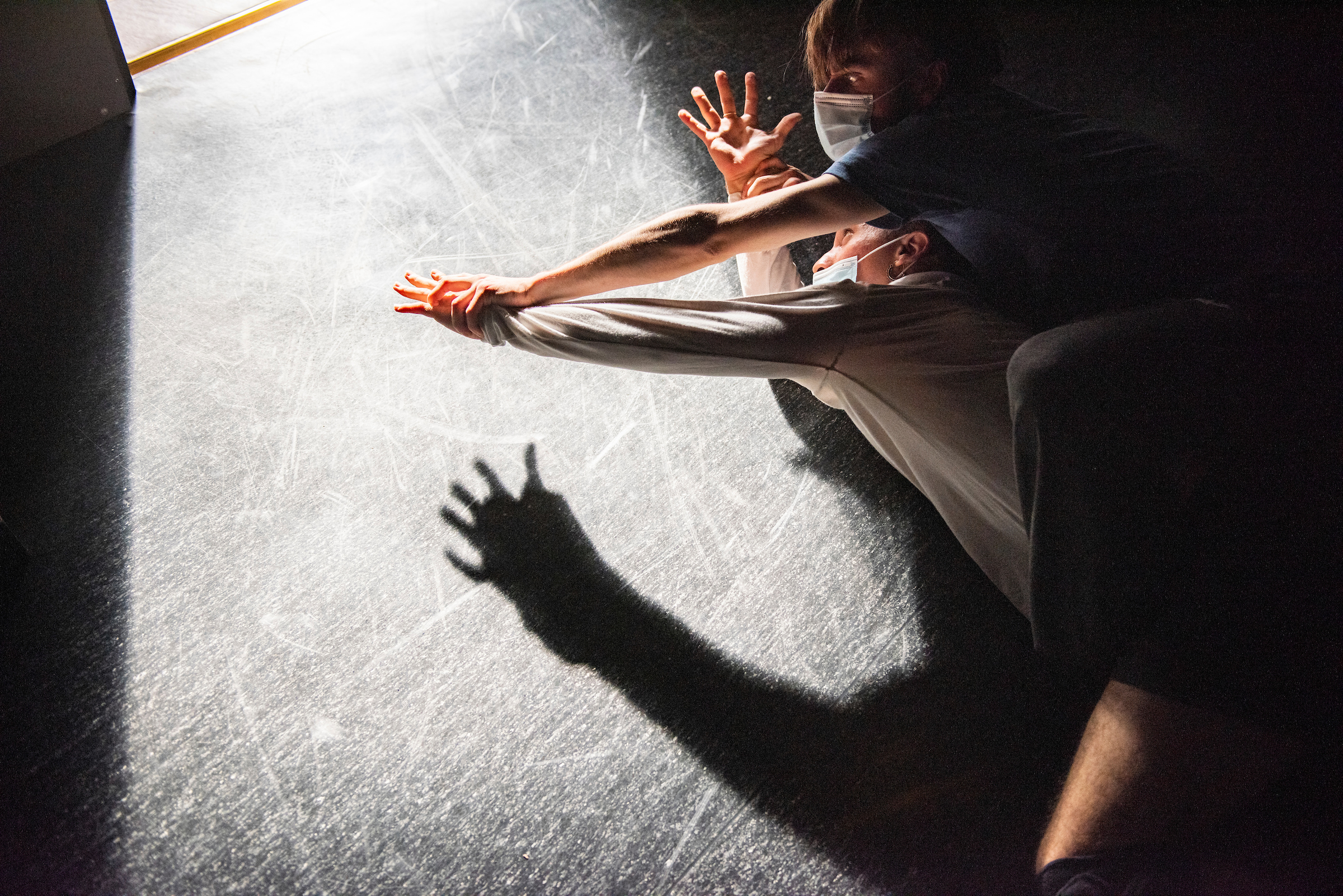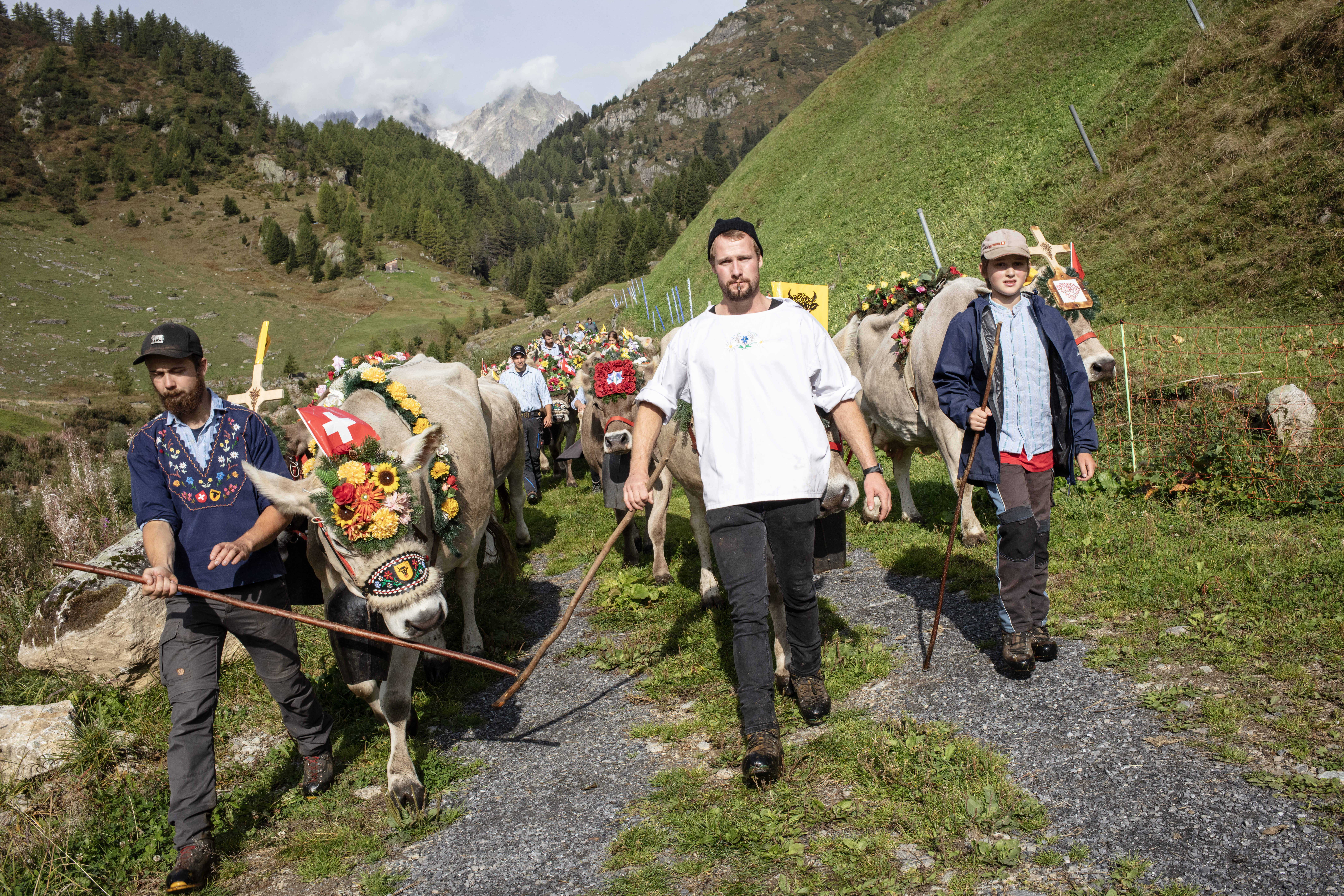
Swiss not (fully) converted to virtual concerts and events

Physical concerts and events remain much more popular in Switzerland than digital alternatives. But people are willing to fork out cash for online shows.
In the “Events Switzerland 2021” survey, published on Thursday by the Zurich School of Applied Sciences (ZHAW), 87.5% of respondents said they preferred live, on-site shows. Almost 58% said digital events could never replace the real thing.
All age groups shared this opinion, though the numbers who said it was “important or very important” to actually attend events were highest among 45- to 59-year-olds, at 91%. This appraisal “fell” to 85% among 16-29-year-olds.
That said, online events are not dead in the water: respondents would be willing to pay up to 53% of a normal theatre ticket price for a virtual show; for sports events or concerts they would hand over around 38% of the price.
Concerts were the “most important” type of event for respondents, although people reported spending most money on sporting events: pre-pandemic an average of CHF272 ($296) per year. Music festivals (CHF263) and concerts (CHF241) were next.

More
Cultural sector loses 5% of its workers in 2020
Hybrid future
The authors of the report said “hybrid” events – where a live version takes place as well as a paid online streaming version – might become an increasingly common form of event organisation.
After a long period of cultural shutdown, concerts, sports events and other performances are all possible again in Switzerland under certain conditions, such as (in some cases) the obligation to present a valid Covid certificate.
With coronavirus case numbers rising again, however, debates are picking up about how widespread the use of this certificate could or should be, and more changes to rules around concerts and cultural events are not impossible.
The ZHAW study was based on a representative survey done in January this year, when the country had imposed strict coronavirus measures, including the closure of concert halls and sports stadiums.

More
Experiencing audience-free ‘phantom culture’

In compliance with the JTI standards
More: SWI swissinfo.ch certified by the Journalism Trust Initiative































You can find an overview of ongoing debates with our journalists here . Please join us!
If you want to start a conversation about a topic raised in this article or want to report factual errors, email us at english@swissinfo.ch.